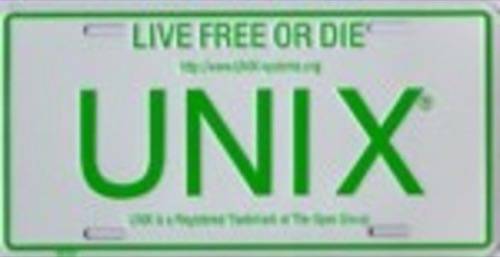Former Apple exec Jean-Louis Gassée wrote a post today on Monday Note arguing “The OS Doesn’t Matter.” “Once upon a time, operating systems used to matter a lot,” he begins. “They defined what a computer could and couldn’t do. The “old” OS orchestrated the use of resources, memory, processors, I/O (input/output) to external devices (screen, keyboard, disks, network, printers…).”

But now, there is only one operating system, argues Gassée: Unix. And as such, the OS no longer matters. Or at the very least, its definition warrants re-examination.
The Triumph of Unix?
Pointing to a number of recent decisions to move to Unix-based (or Unix-like) operating systems – RIM’s recent announcement to run its new Playbook tablet on QNX, for example – Gassée says “We have the spiritual children of Unix living inside the Cloud, powering the millions of Linux servers running at Google, Facebook, Amazon.”
Gassée knows that Windows remains an exception to his contention that there is only one OS. But he argues that the PC industry, where the Windows OS has dominated, is now at “a plateau. But otherwise, in the high-growth Cloud and smartphone segments, it’s a Unix/Linux world.”
The Rise of Apps
By declaring the OS immaterial, Gassée means that the technical challenges of making computers “do things” better is no longer a question of a “better” OS. Rather, he argues, these challenges lie in the areas of developer tools and user interface.
Have apps and browsers supplanted the OS? What do you think? Does the operating system matter?

















